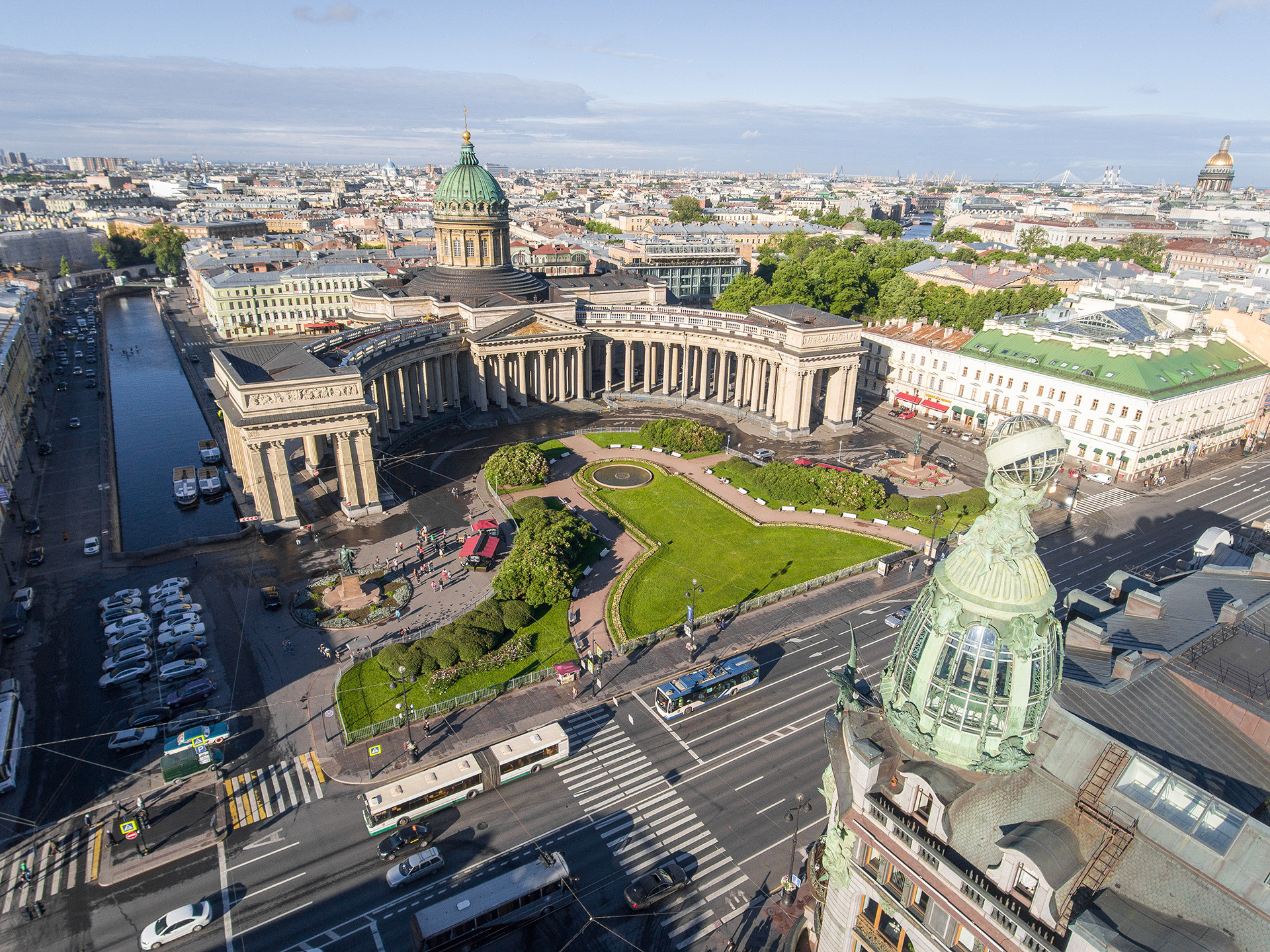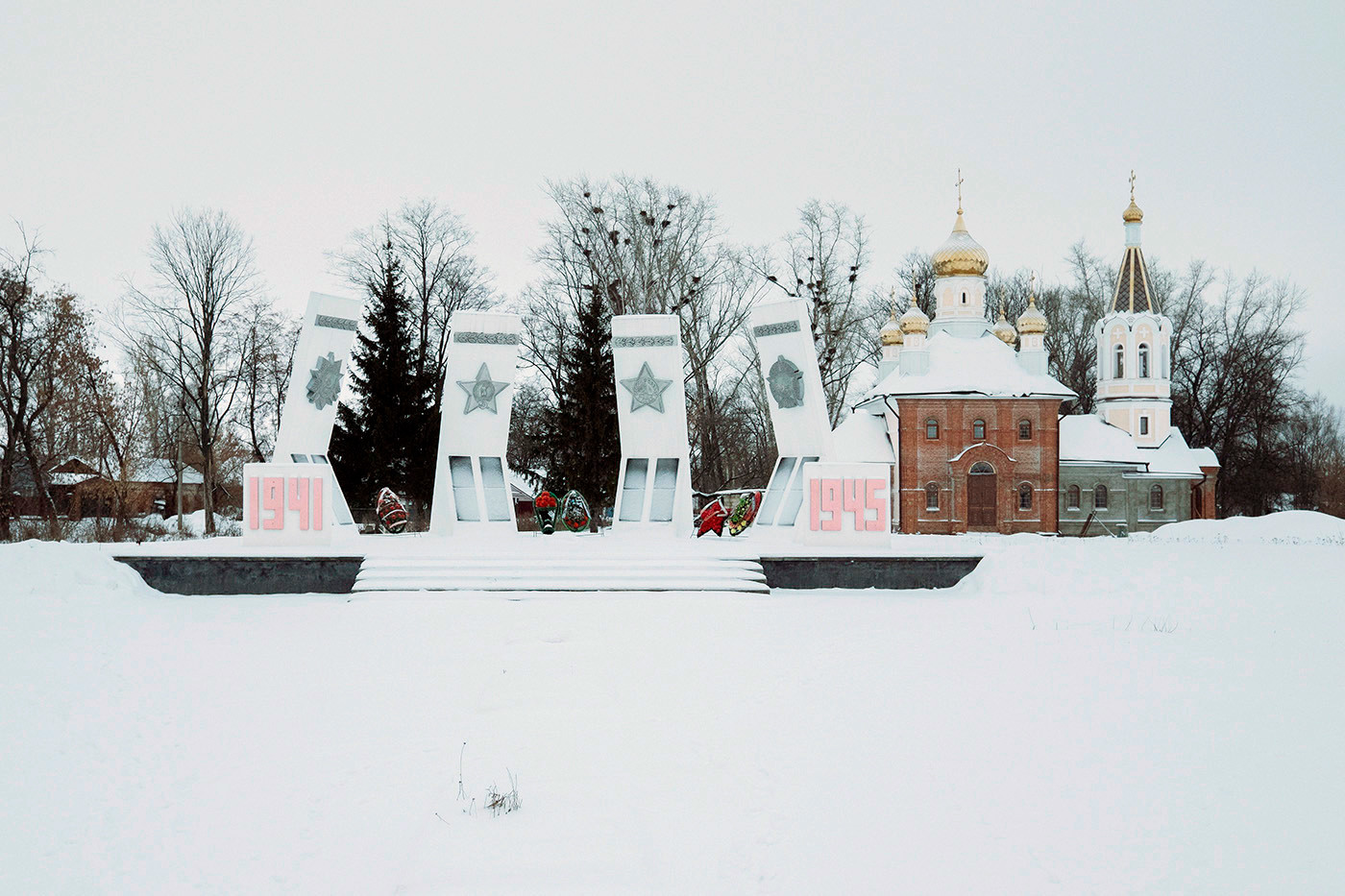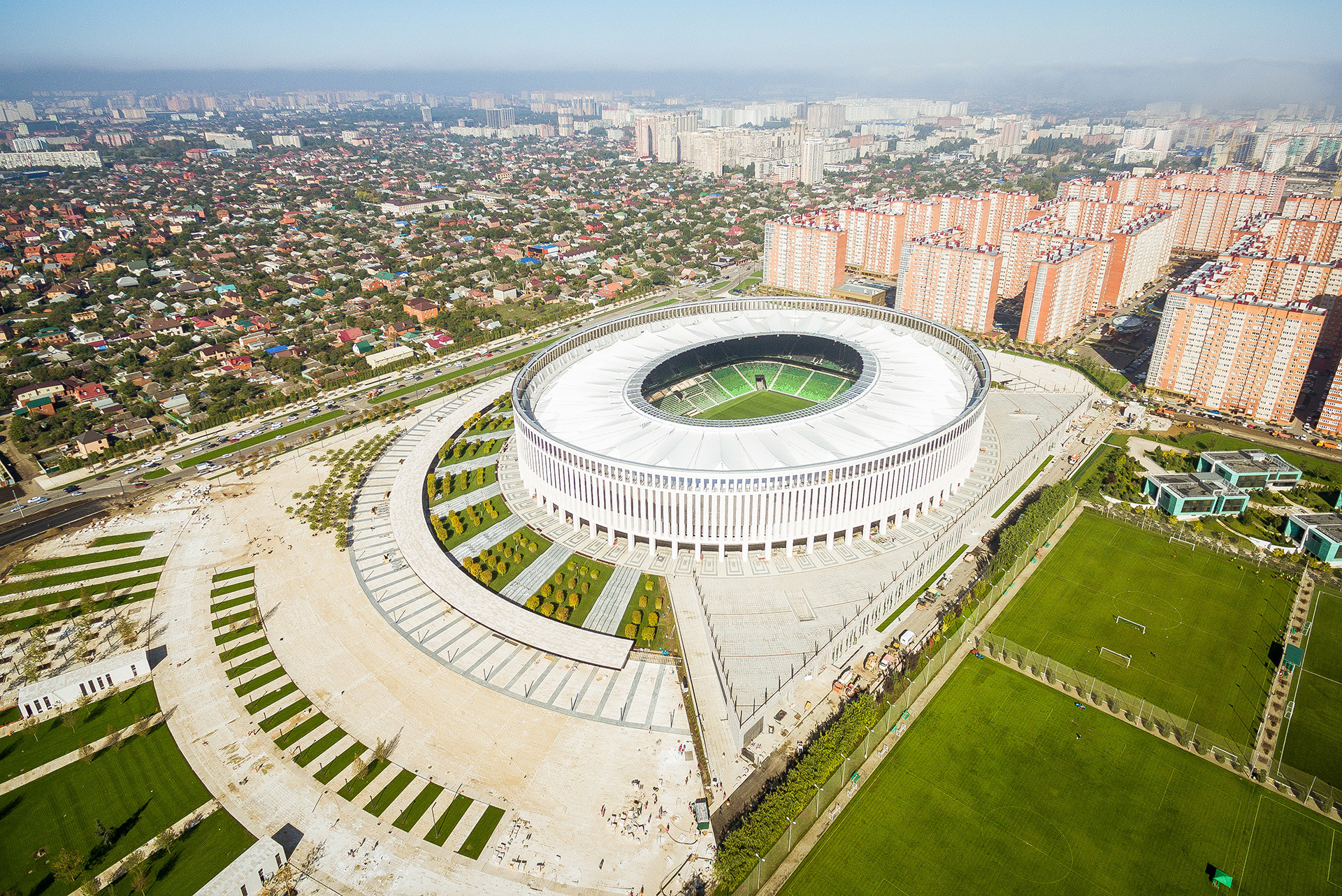
I’ve lived in St. Petersburg for over two years now and I am often asked if I enjoy Russia.
And I say, “Yes, very much.”
And at least 75 percent of the time I get the same answer:
“Well, that’s because you live in St. Petersburg. It’s not
And, while I don’t have enough experience to comment on the matter, I will admit that when people tell me they’ve visited Los Angeles, or New York City, or Miami, I always say something similar.
I’ll say, “Well yeah, but you haven’t seen real America.”
And I’ve never quite thought that through, to be honest. I say it the way that I say, “My father is an insurance underwriter.” My father isn’t really an insurance underwriter. He was an insurance underwriter when I was seven-years-old and then nobody ever updated me after that. I got so used to saying it that to this day I just say, “My father is an insurance underwriter.”
So, what do I mean when I say, “Well, that is not real America?”
When I was young, I might have said, “America is a dry wasteland of Bible-thumpers and racists.”
(I was an a**hole when I was young.)
Today, I might say that American cities are cultural meccas so crammed full of so many different types of people that true culture becomes drowned in the noise and the haste and the ubiquitous sub-culture of “city-living” that resides in all cities worldwide in one way or the other.
So, I decided to ask some Russians from different parts of the country to weigh in on my question with any form of media, and here’s what I found:
Konstantin Muromtsev from Stavropol:
“Real Russia is endless Siberian cold, high Caucasus and Ural mountains, and so on.” And then he said, “I think you’re an American spy, tovarisch [comrade].”
Pavel from St. Petersburg:
“Actually, St. Petersburg is the most Russian city in the whole

A bird's-eye view on Nevsky Avenue in St. Petersburg
Nikolay Gyngazov/Global Look PressYulia, born and raised in St. Petersburg, sent this
“Twenty percent of the country's population lives in villages, of the remaining ‘urban’ population, 27 percent are in cities with a population of up to 100,000. More than 40 percent of the population, about 60 million, live in tiny communities. In such places, often there’s no cinema, swimming pool, the simplest things to which citizens are accustomed. On a positive note – Glazok, where the students of the local school created a website about their village seloglazok.ru, turned out to be very touching. Other things being equal, the closer a small city is to a large city, the more depressing it becomes and the more people leave to find work, leaving fewer in the village”

Glazok village
Oksana Yushko/Takie DelaHe also recommended the film 4 by Ilya Khrzhanovsky, the fourth part (a journey of a city resident to the village) is portrayed like a descent into Hades.
Ay from Ufa said:
“Russia is everything but Moscow, St. Petersburg, Kaliningrad, and Grozny. Well, the Caucasus
Yulia from Novokuznetsk submitted a project on Russian monocities (monogoroda.com) which were largely abandoned after the fall of the USSR.
Alexander, a St. Petersburg resident, sent this:
“A project called Russian Spleen about artist Isaaс Levitan who created a phenomenon that would later be named the ‘psychology of the Russian landscape.’ ”
And Yulia shared this about her home city of Krasnodar, which she affectionately refers to as a “large village”

Krasnodar new stadium
Vitaly Timkiv/TASS*
After receiving all of these answers, I have finally come to my own conclusion about what the real Russia is, and it’s this:
A lot of people have fathers who are insurance underwriters.
Benjamin Davis is an American journalist and author of The King of Fu living in St. Petersburg, Russia where he spent a year working with Russian artist Nikita Klimov on their project: Flash-365. Now, he primarily writes magical-realism flash fiction stories about Russian culture, self-deprecating mishaps, and babushkas while sharing his exploits on his Telegram channel.
Read more: Benjamin Davis took his Russian girlfriend to
If using any of Russia Beyond's content, partly or in full, always provide an active hyperlink to the original material.
Subscribe
to our newsletter!
Get the week's best stories straight to your inbox